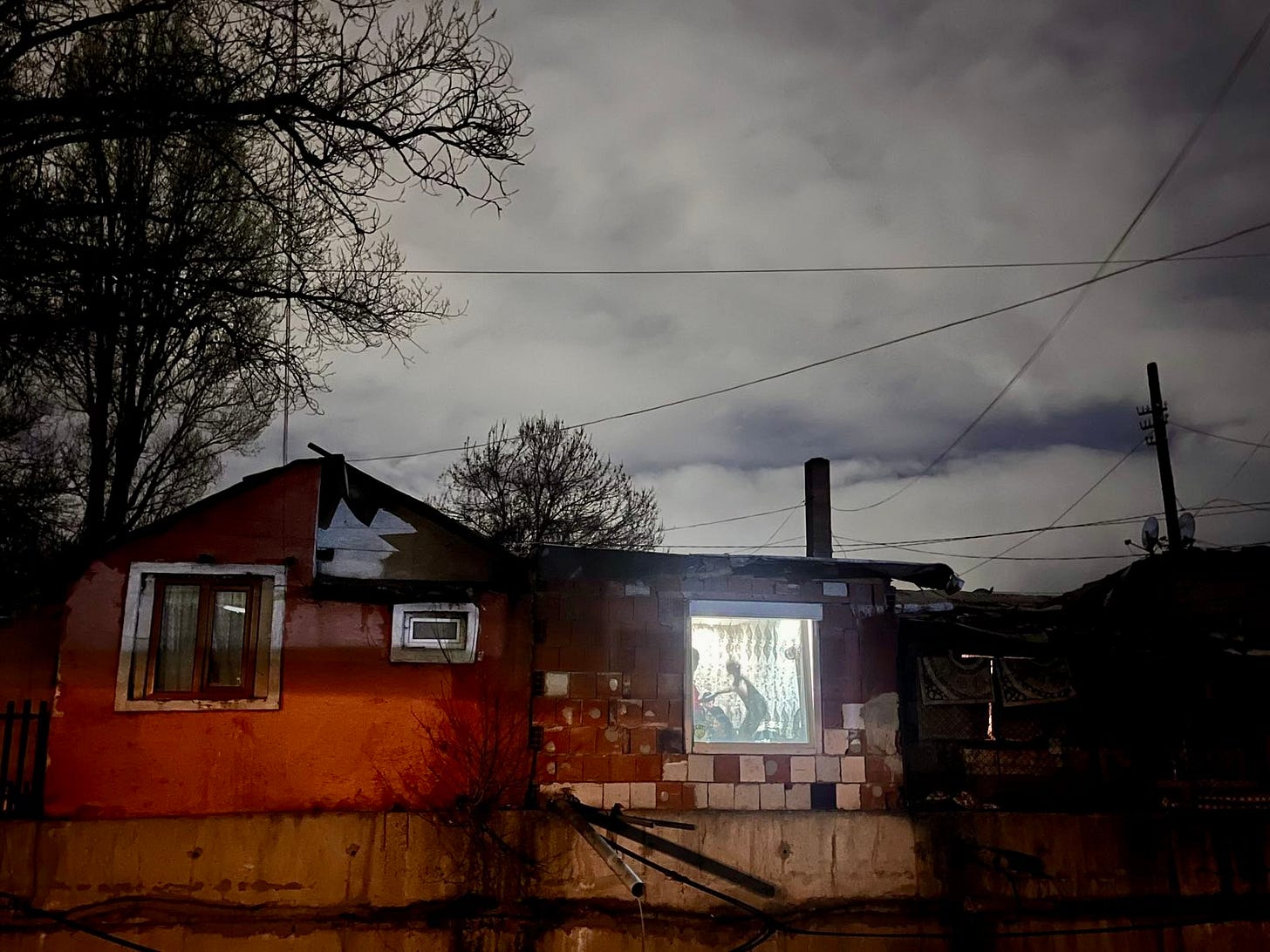"They were born here and died here."
Do the Roma have a right to live where they've always lived?
“We were on our way out of the mahala, and I realized this might be the last time I’m seeing it. So I took a picture of the house in front of me, where it just so happened that a child’s birthday was being celebrated. I wanted to capture this moment, probably the last moment, before the house is destroyed forever.”
Maria Dacheva
activist, filmmaker, photographer, and our very dear friend
We don’t know when our Romani quarter was born. There’s no paperwork for it - which is part of the reason why everyone around feels it has no right to exist.
But if you ask the Roma, they’ll say the quarter - also called mahala - has existed for “90 years” or “a century.”
And they’ll add, “My mother was born here and died here. My grandmother and grandfather - they were born here. And died here.”
They don’t mean this symbolically. Up until very recently, women in the mahala gave birth there, in the barracks, or under the open sky, with fe…




